Dark matter is one of the biggest, most enduring mysteries of contemporary physics. To put the nature of the problem all too briefly, decades of observation and modelling have consistently pointed to a peculiar result – there’s a form of matter that seems to account for 85 per cent of all matter in the Universe and that scientists still can’t identify. This video from Quanta Magazine takes viewers inside one hunt for this massive missing piece of the universal puzzle, led by the Russian-born Australian experimental physicist Alex Sushkov out of his lab at Boston University. There, he and his team are searching for the hypothetical particle known as the axion in hopes that it could help solve the dark-matter mystery. Featuring in-the-lab footage and nifty animated explainers, the short is both a worthwhile primer on the nature of dark matter and a fascinating dispatch from one of the search’s most intriguing frontiers.
What does it look like to hunt for dark matter? Scenes from one frontier in the search
Video by Quanta Magazine

videoCosmology
The mysterious ‘something’ behind the accelerating expansion of the Universe
3 minutes
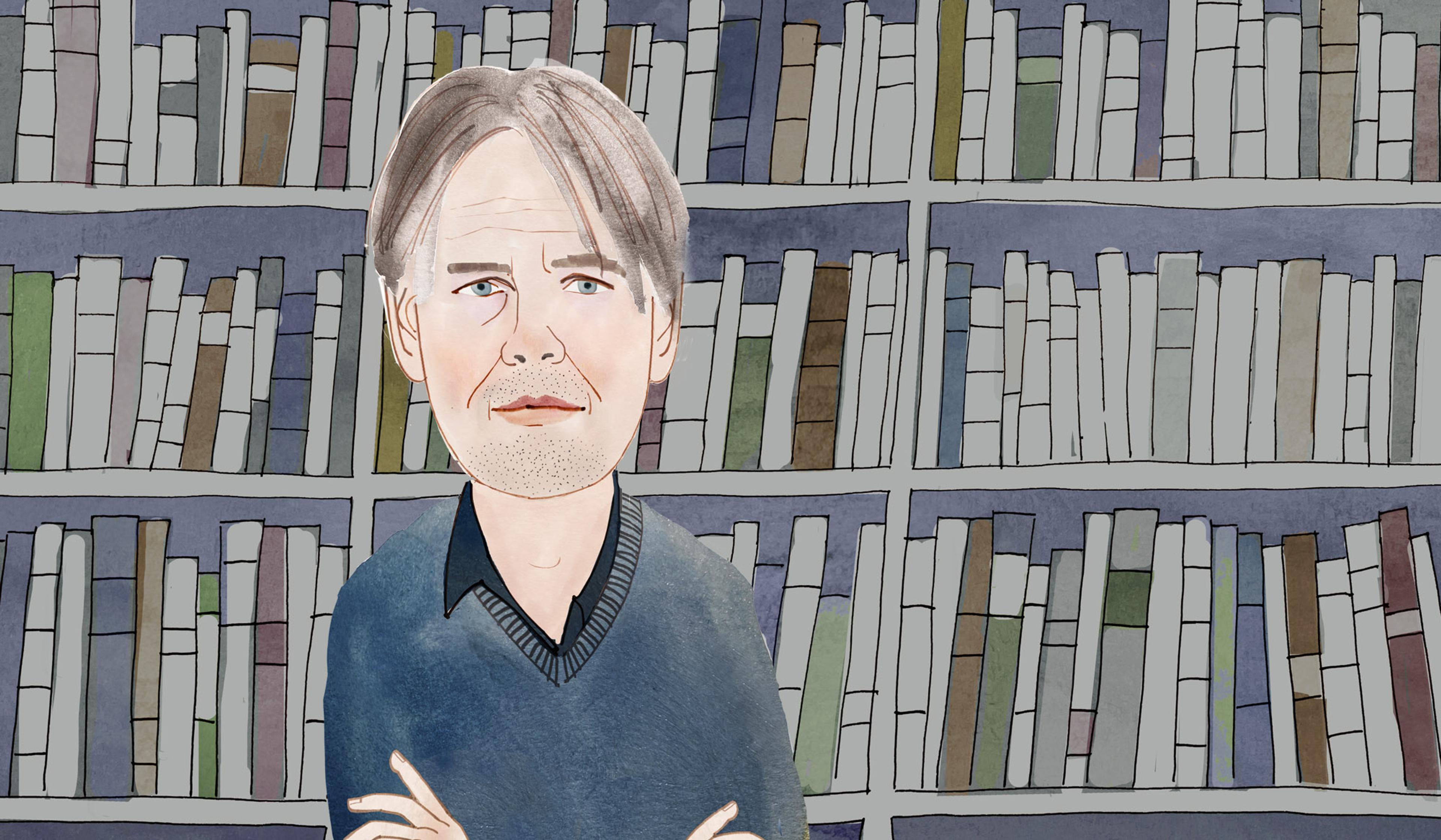
videoCosmology
Building ‘bigger and better’ has pushed cosmology forward. Can it take it any further?
7 minutes

videoPhysics
Logic tells us that antimatter should have annihilated the Universe. So why hasn’t it?
4 minutes

videoCosmology
‘I want you to live forward, but see backward’: a theoretical astrophysicist’s manifesto
4 minutes
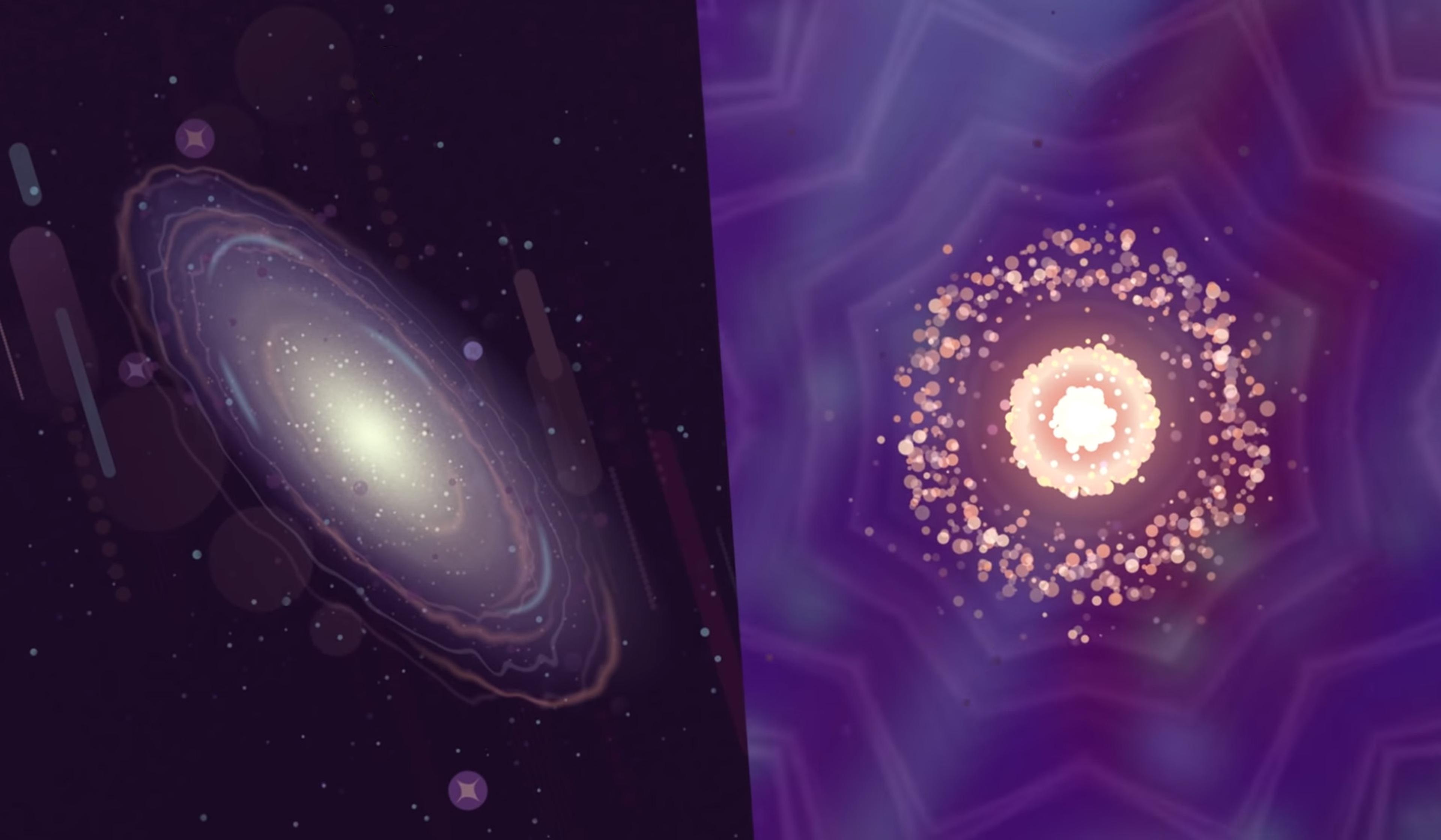
videoPhysics
There’s a striking link between quantum and astronomic scales. What could it mean?
5 minutes
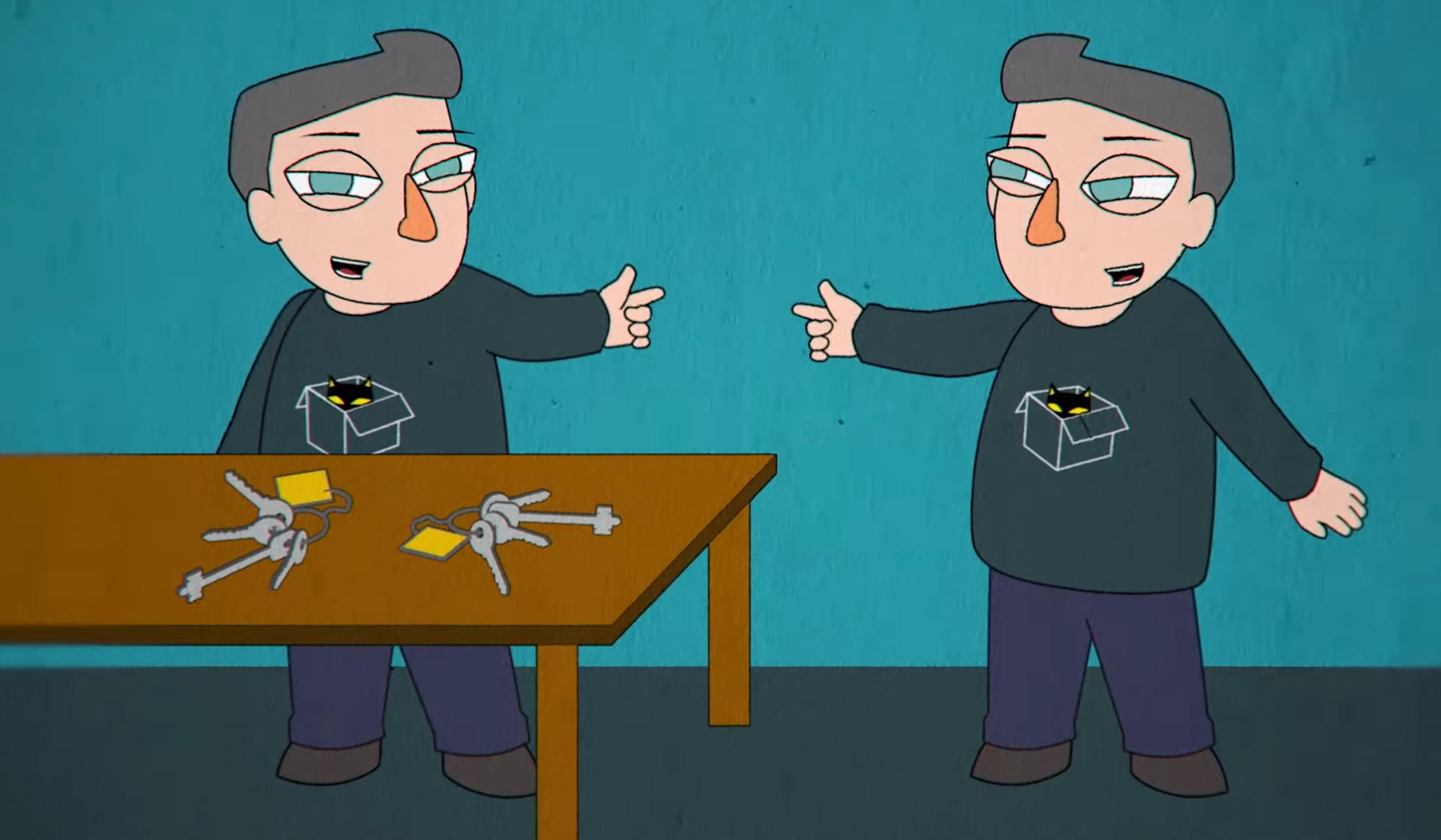
videoQuantum theory
Why aren’t our everyday lives as ‘spooky’ as the quantum world?
7 minutes
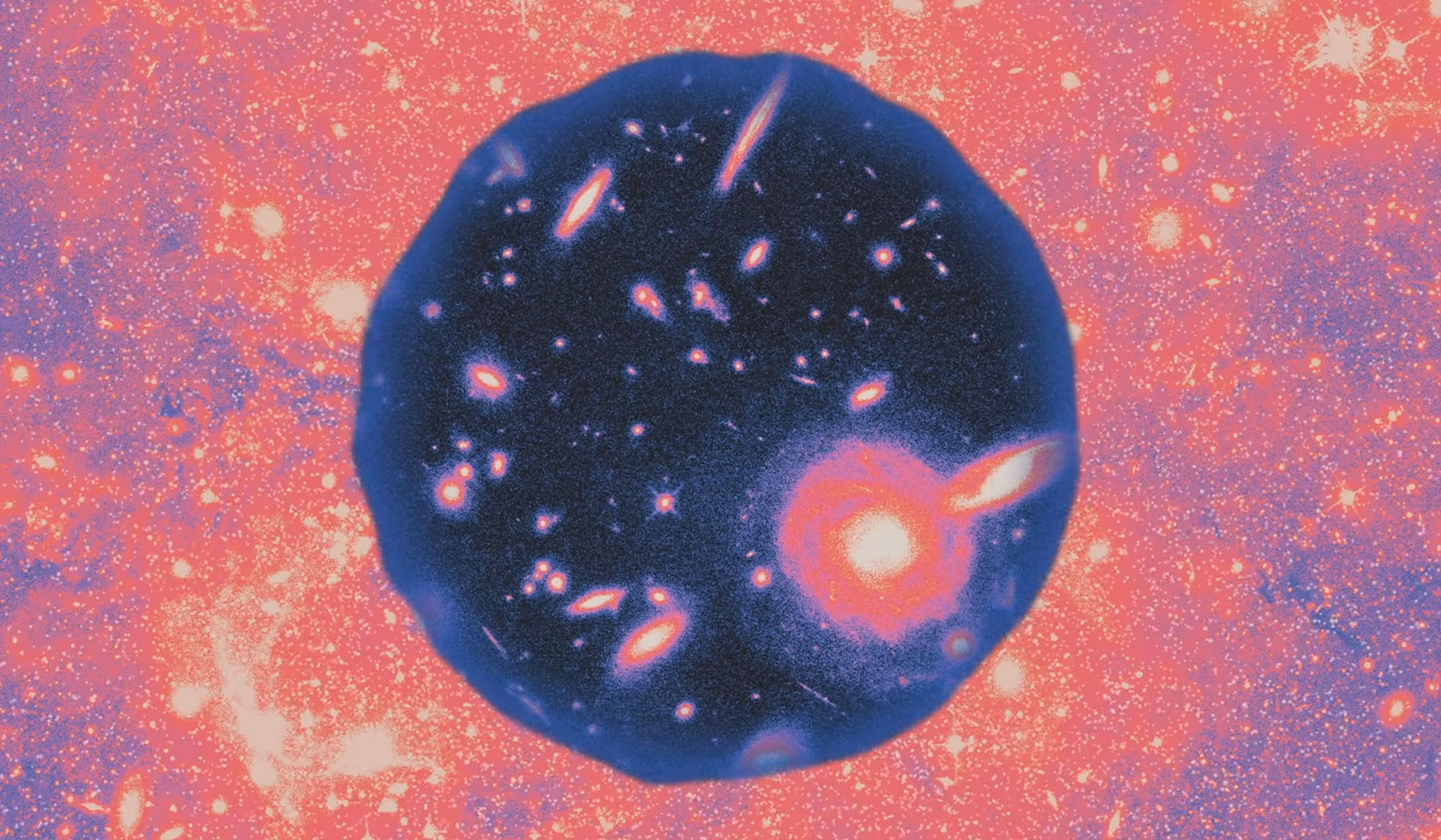
videoPhysics
The Standard Model might be the most successful theory in science. But what is it?
16 minutes
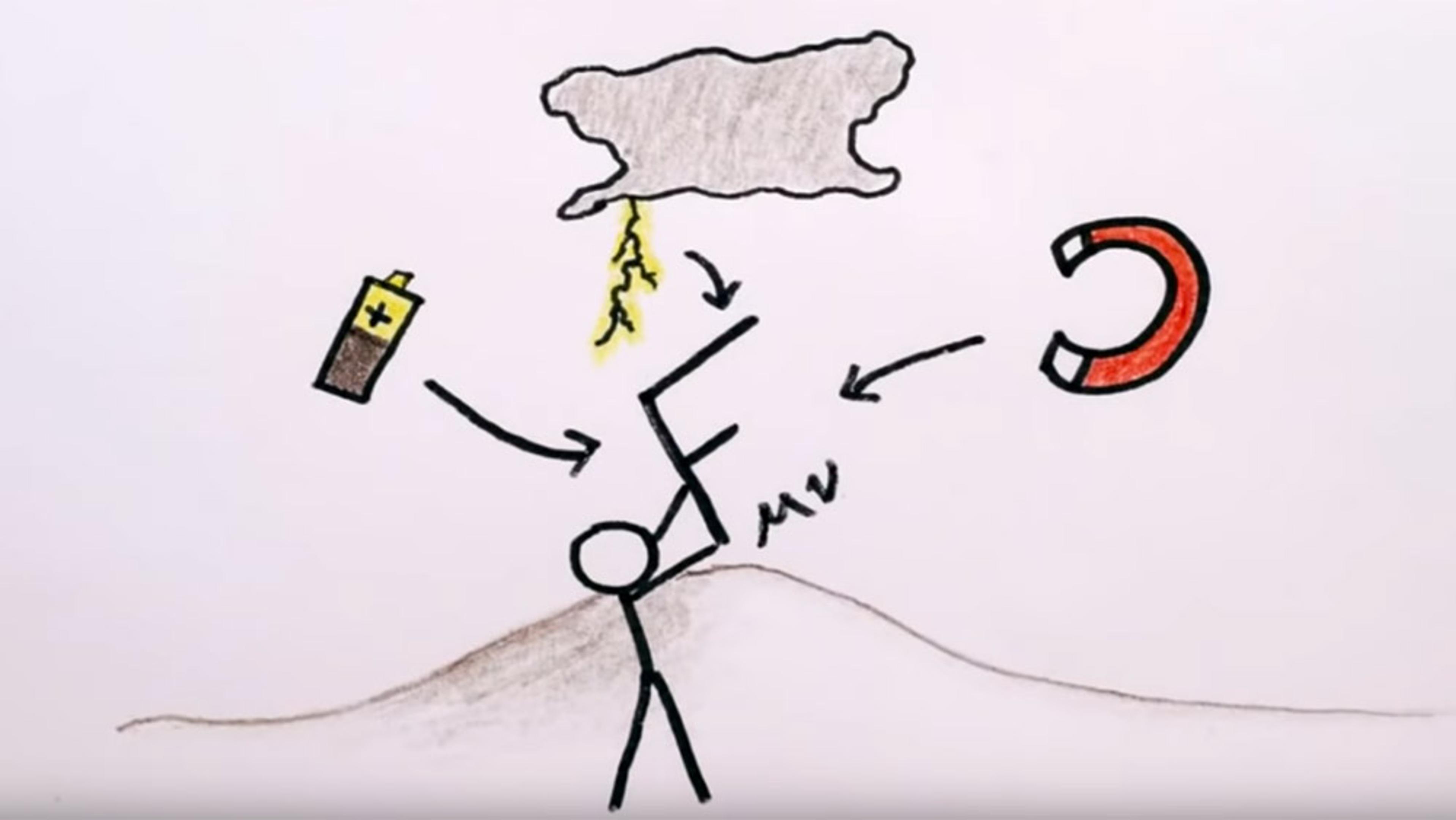
videoPhysics
How two scientists built a bridge between Newton and Einstein in ‘empty’ spaces
5 minutes

videoPhysics
Groundbreaking visualisations show how the world of the nucleus gives rise to our own
10 minutes